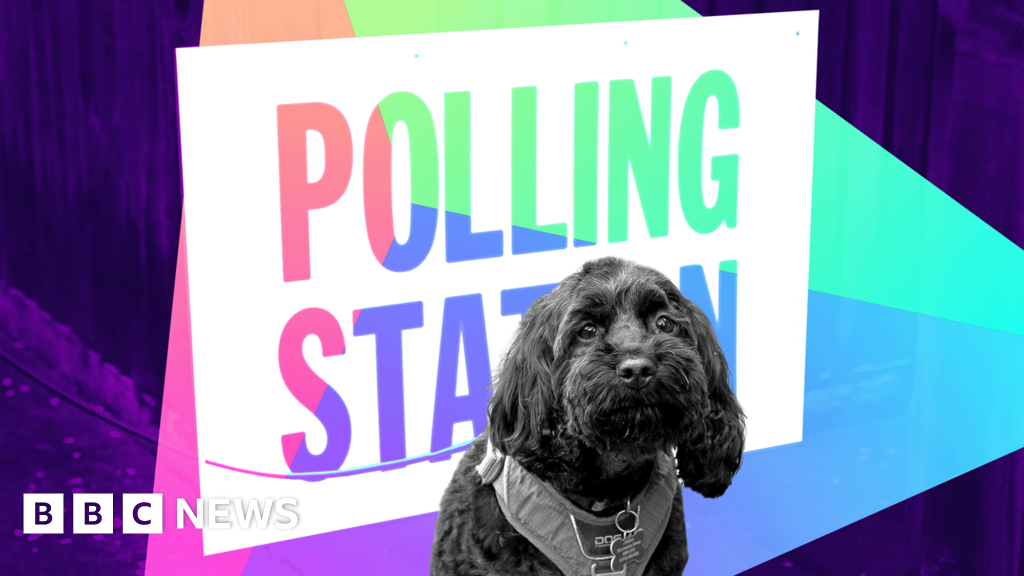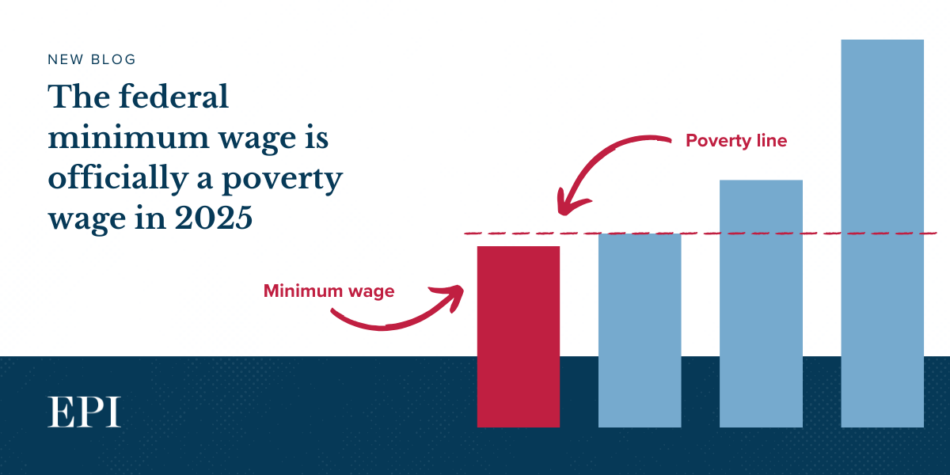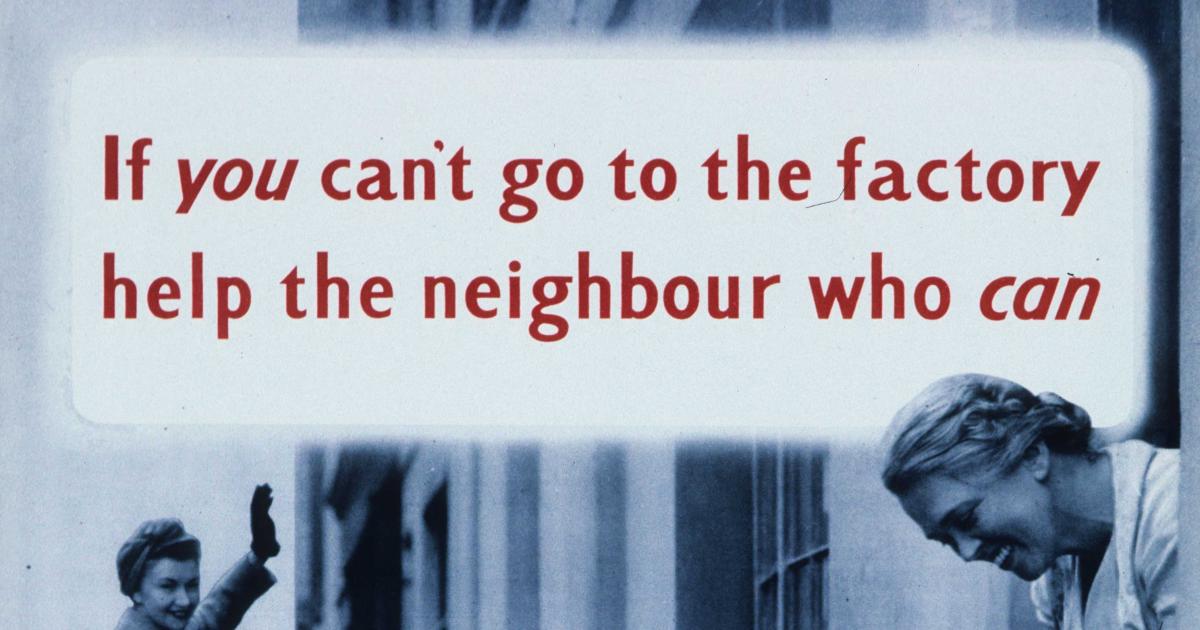Trump and Bezos Clash Over Amazon's Tariff Transparency Plans

In a renewed public feud, President Donald Trump and Amazon founder Jeff Bezos have exchanged sharp words regarding Amazon's recent attempt to increase transparency about tariffs affecting prices on its platform. This situation escalated on Tuesday, when the White House took a strong stance against Amazon's reported plans to display how much of a products cost is attributed to tariffs imposed by the Trump administration.
White House Press Secretary Karoline Leavitt addressed the media, stating that Amazon's approach was a deliberate and politically charged act. During a briefing that coincided with Trumps 100th day in office, Leavitt conveyed that she had just spoken with Trump about this development. Why didnt Amazon do this when the Biden administration hiked inflation to the highest level in 40 years? she questioned, highlighting a perceived inconsistency in Amazons timing.
Amazon quickly disputed the claims circulating in the media, with a spokesperson clarifying that the company had only considered the idea of listing tariff costs for certain products in a specific section of their website dubbed Amazon Haul, which focuses on lower-cost items. However, shortly afterward, the company completely retracted the notion. Tim Doyle, a representative for Amazon, expressed in a statement, The team that runs our ultra-low-cost Amazon Haul store considered the idea of listing import charges on certain products. This was never approved and is not going to happen.
This latest confrontation is part of a long history of clashes between Trump and Bezos, dating back to the early days of Trumps campaign for presidency in 2016. Trump has often used derogatory nicknames for Bezos, including Jeff Bozo, and accused him of various grievances, including unfair business practices and political biases associated with the Washington Post, which Bezos owns. Yet, the two have also shown moments of cordiality; after Trump suffered a minor injury during a rally, Bezos publicly commended him for displaying tremendous grace and courage.
Despite their past conflicts, Bezos took steps to maintain a neutral stance during recent political seasons. For instance, when the Washington Post opted not to endorse any candidate for the 2024 election, Bezos defended the move, arguing that endorsements could promote a perception of bias. When Trump secured a second term, Bezos acknowledged the former president's extraordinary political comeback and decisive victory, expressing a willingness to collaborate with Trump on regulatory issues.
However, over the course of Trumps recent 100-day term, his administration has initiated a trade war that has seen the introduction of sweeping tariffs, including a blanket 10% tariff on all imports to the U.S. and a staggering 145% tariff on goods imported from China. While Trump has temporarily paused the implementation of additional tariffs to allow countries to negotiate for exemptions, many are set to take effect in July. Currently, trade negotiations with China remain stalled, creating an atmosphere of uncertainty.
This uncertainty has had tangible effects on the stock market and business stability, resulting in significant losses and frustration among business leaders who find it challenging to make strategic decisions amidst fluctuating tariff announcements. Treasury Secretary Scott Bessent, who joined Leavitt during the press briefing, remarked that Trumps unpredictable tariff strategies are part of his broader negotiation tactics aimed at achieving favorable trade agreements and incentivizing domestic manufacturing.
Bessent pointed out that many business leaders are currently hesitant to initiate new projects due to the ongoing uncertainty surrounding tariffs. He expressed optimism about a forthcoming tax bill that could provide much-needed incentives for companies considering investments in new equipment and factory facilities within the U.S. Business leaders, theyve gone into a pause, and I think we are going to give them great certainty on this tax bill, he stated, indicating that members of Congress are striving to finalize the tax breaks by early July.
In the lead-up to this legislative effort, Trump has reiterated his campaign promises to abolish various taxes, including those on tips, overtime, Social Security payments, and auto loans for vehicles produced in the U.S. Bessent emphasized that the administration is advocating for measures that would allow businesses to deduct costs associated with new equipment and construction, thereby fostering a stronger manufacturing sector in the country.
Public opinion regarding Trumps economic management has seen a notable decline since he assumed office. A recent Reuters/Ipsos poll, conducted in mid-April, revealed that only 37% of Americans now approve of Trumps handling of the economy, down from 42% just a few months earlier in January.


























